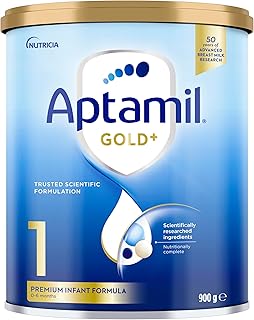A recent study published in the American Journal of Clinical Nutrition suggests that infants fed soy-based formulas exhibit improved bone metabolism at 6 months compared to those fed breast milk or dairy-based formula. The research, led by Jin-Ran Chen, MD, PhD, MS, an associate professor of pediatrics at the University of Arkansas for Medical Sciences, sheds light on the impact of early feeding practices on skeletal development.
The study followed 433 healthy infants from 3 months to 6 years of age, utilizing advanced imaging techniques and biomarker analysis to assess bone health. Results indicated that infants fed soy-based formulas displayed enhanced bone metabolism at 6 months, although these effects were not sustained as the children grew older.
Chen and colleagues noted that while breastfeeding is the preferred method of infant feeding, a significant proportion of infants in the U.S. consume soy-based formula. The American Academy of Pediatrics recommends soy formula only for infants with specific medical conditions, such as galactosemia or lactase deficiency.
Despite concerns regarding the impact of soy isoflavones on bone health, the study found that soy-based formulas could potentially offer benefits for bone growth due to their unique nutritional composition. The researchers highlighted the need for further investigation into the long-term effects of different feeding practices on bone development.
Notably, the study revealed that boys fed soy formula exhibited higher levels of bone turnover markers at 6 months compared to those fed dairy-based formula, indicating increased bone remodeling. However, these differences were not observed in girls, suggesting a potential sex-specific effect of soy formula on bone metabolism.
While the findings underscore the potential short-term benefits of soy-based formula on bone health in infancy, the researchers emphasized the importance of additional studies to elucidate the clinical significance of these observations. Further research could provide valuable insights into the optimal feeding practices for promoting long-term skeletal health in children.
Overall, the study contributes valuable insights into the complex relationship between infant nutrition and bone development, highlighting the need for tailored feeding recommendations to support optimal skeletal health in early life.
📰 Related Articles
- Soy-Based Diet Boosts Children’s Academic Performance, Study Finds
- Study Shows FRSSGs Enhance Youth Soccer Agility and Speed
- Study Reveals FNN and GA Enhance Intelligent Robot Navigation
- Study Reveals Dark Traits Enhance Trustworthiness Through Facial Features
- Study Finds Ultrasound Comparable to FNAC in Diagnosing Thyroid Nodules






